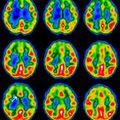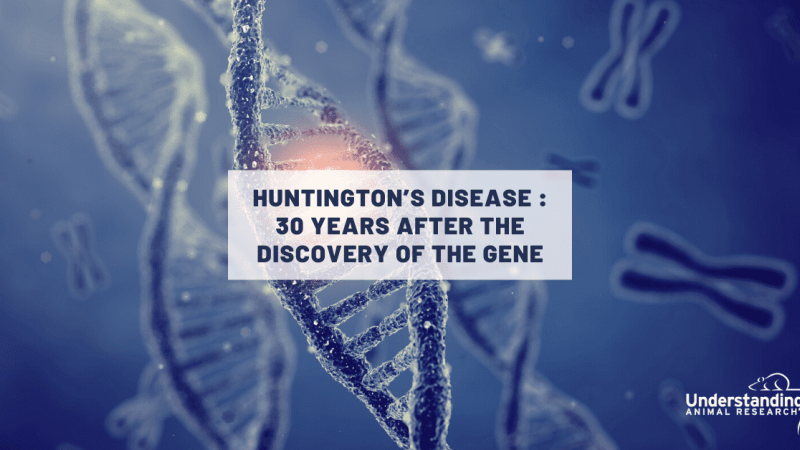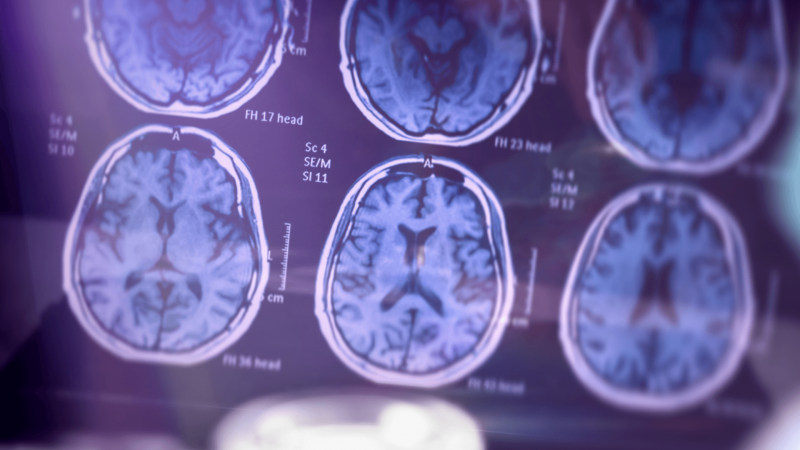Text to go here...
 Last month, Prime Minister David Cameron made a commitment to delivering major improvements in dementia care and research, doubling the budget for Alzheimer’s research in the UK to £66 million.
Last month, Prime Minister David Cameron made a commitment to delivering major improvements in dementia care and research, doubling the budget for Alzheimer’s research in the UK to £66 million.
Today, Stephen Whitehead, Chief Executive of the Association of the British Pharmaceutical Industry (ABPI) said in a keynote speech that
'the simple fact is that if we don’t find cures or treatments for age-related diseases like Alzheimer’s then, as the population ages, the NHS will become unaffordable.'
Animals are crucial in the research to find treatments and cures for Alzheimer’s. Scientists are building on the wealth of knowledge already gained from animal studies of the disease.
Animal research is at the point of delivering better ways to diagnose Alzheimer’s which may lead, importantly, to early diagnosis. Roger Morris, Professor of Molecular Neurobiology at King's College London, said:
"For complex diseases like Alzheimer's, animal research is vital to find effective and early diagnostic markers that allow treatment while it is still possible. We can reliably identify early stages in the brains of animals, and from there identify changes in people that signify early onset of the disease, before the brain is irreparably damaged. Without that we are unlikely to find effective therapies."
Results from late-stage patients presented at a conference on 15 April showed that a new tracer chemical may help doctors diagnose the disease earlier. Extensive animal studies and post-mortem human studies showed that acccumulation of beta amyloid in the brain is one of the hallmarks of Alzheimer’s. On the basis of this, scientists using animals have developed tracers that will detect beta amyloid when the brains of sufferers are scanned.
As the Alzheimer’s Society said:
'Finding ways to increase the number of early and accurate diagnoses is essential if we are to ensure people have access to vital treatments, support and information.'
At the moment, less than half those with the condition ever get a diagnosis, so hundreds of thousands are left struggling alone.
Understanding Animal Research has a new web page outlining the contribution of animal research to the understanding, diagnosis and treatment of Alzheimer’s disease.
Although the exact causes of Alzheimer’s remain unknown, monkeys and GM mice with Alzheimer’s-like brain abnormalities are helping scientists to unlock the secrets of the disease. These animals have been crucial in identifying molecules in the brain that appear to play a role in disease development, and genetic mutations that confer susceptibility to Alzheimer’s. Animal studies have also confirmed that head injuries, obesity and inactivity increase disease risk.
Last edited: 14 March 2022 08:44




